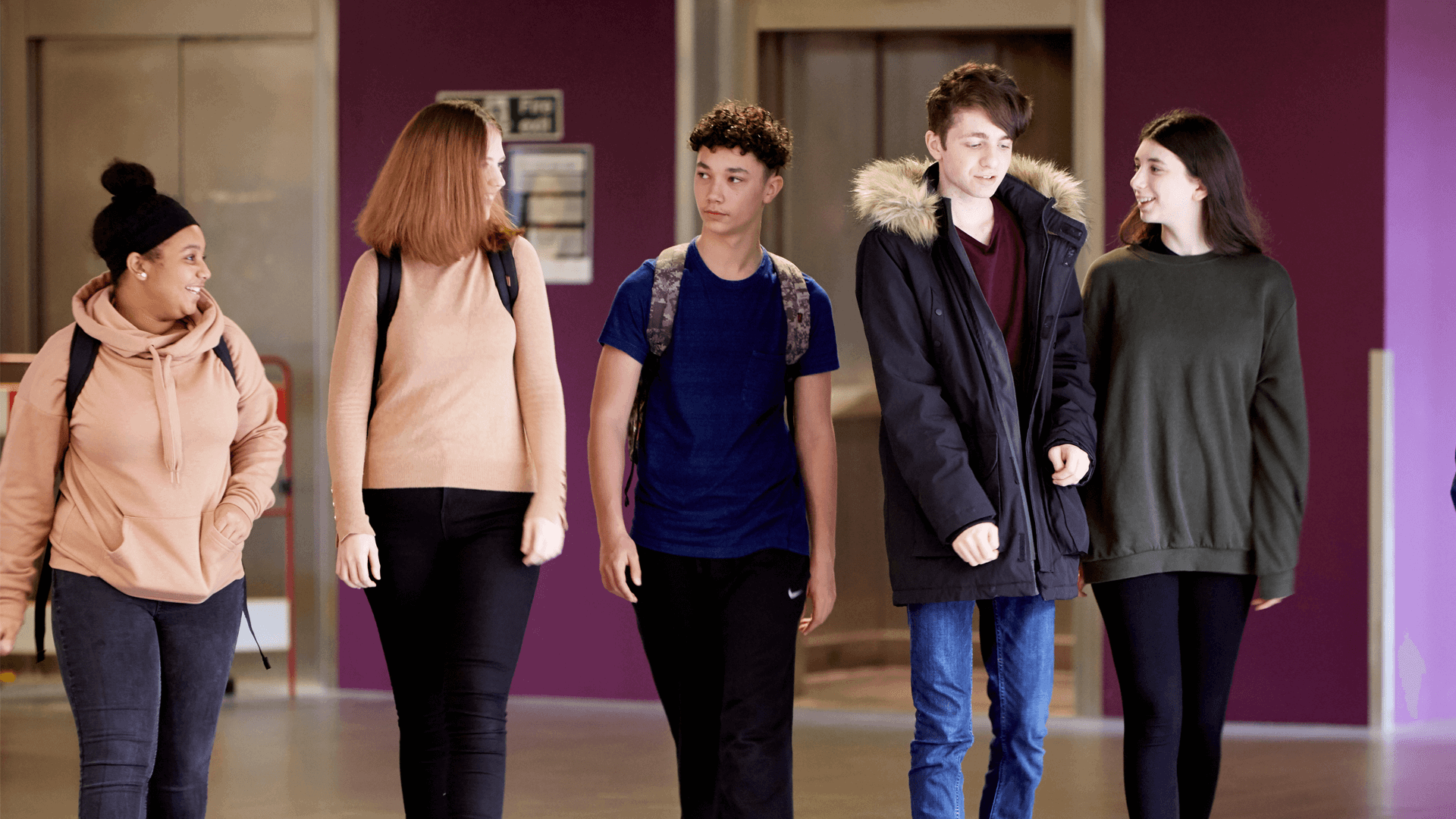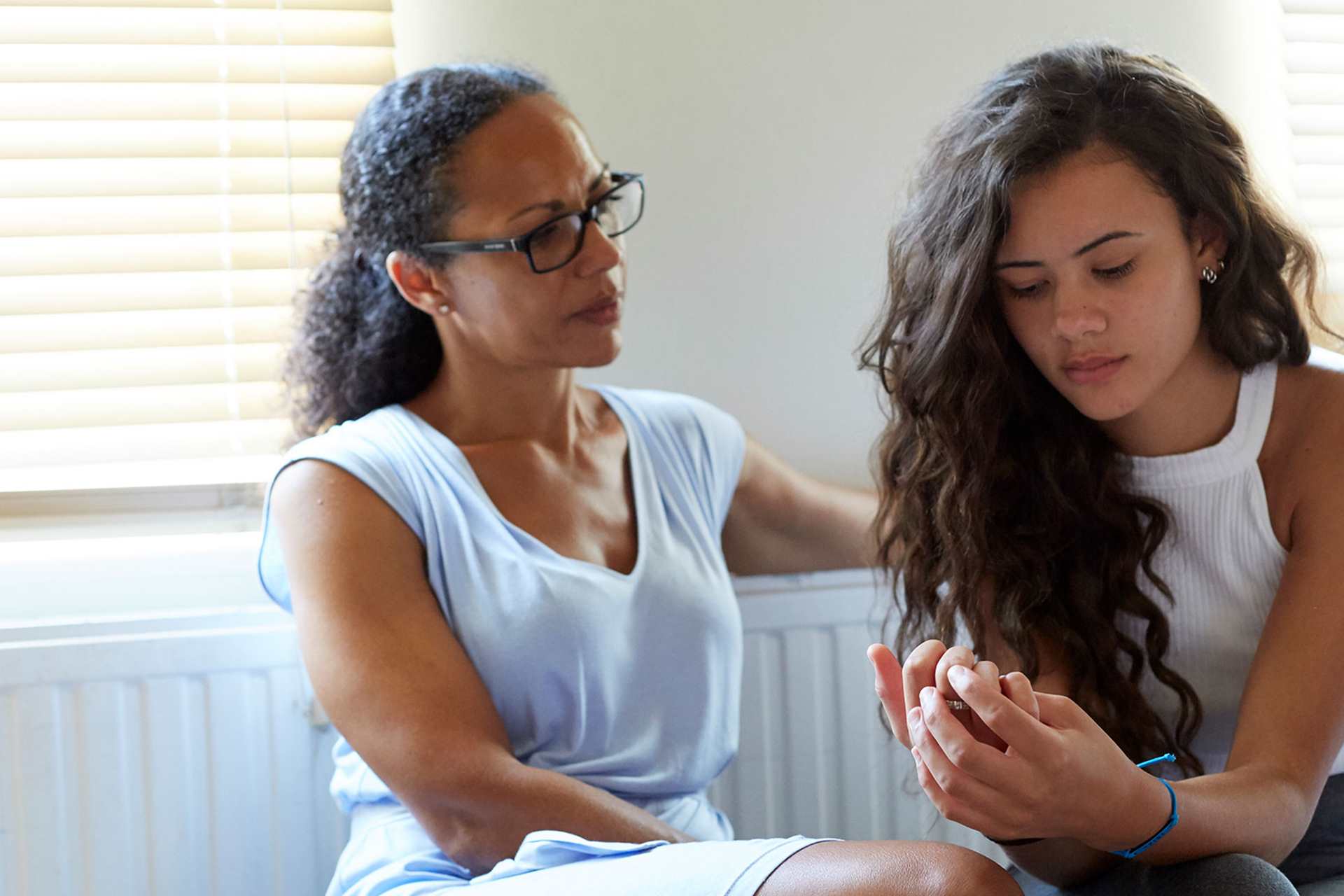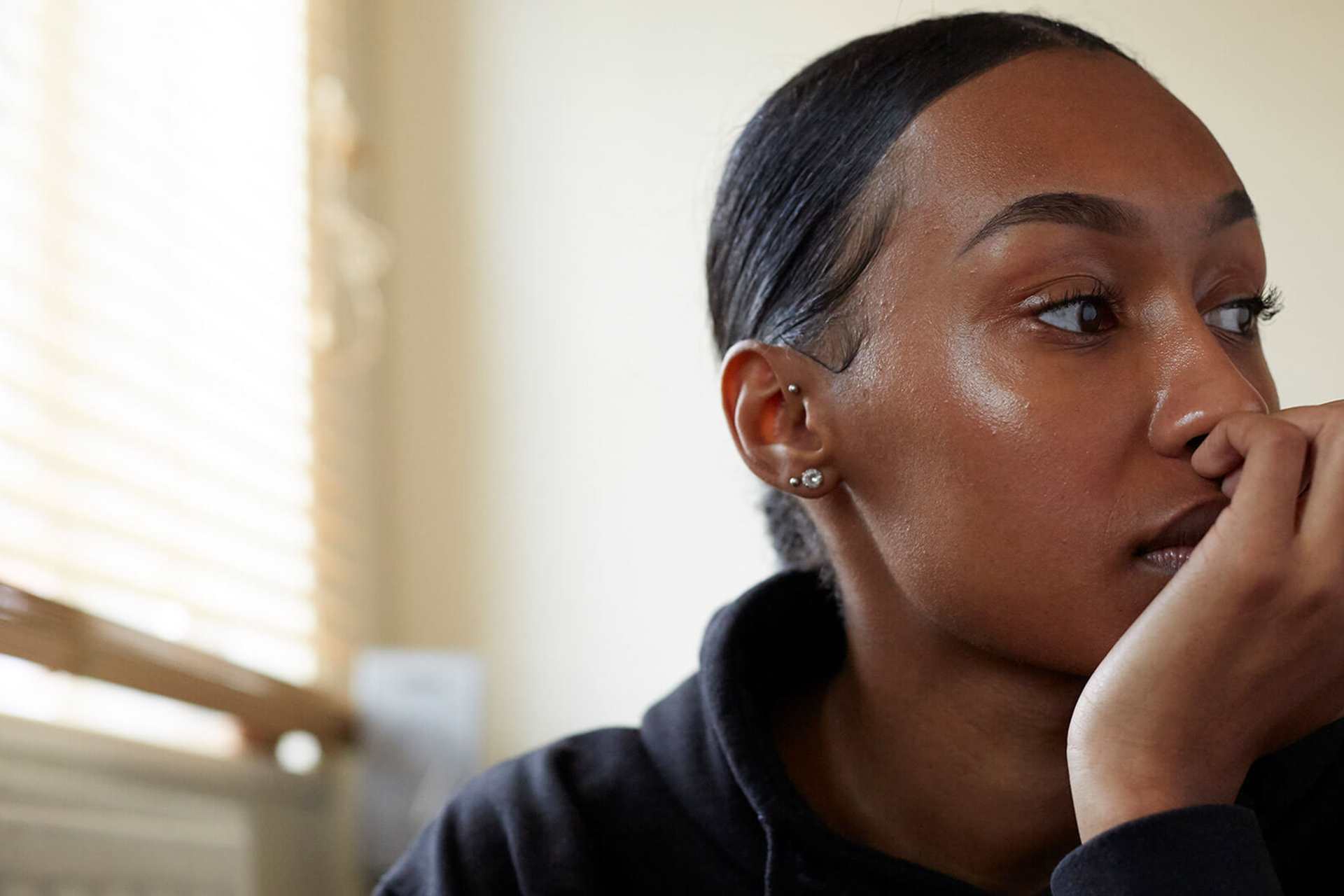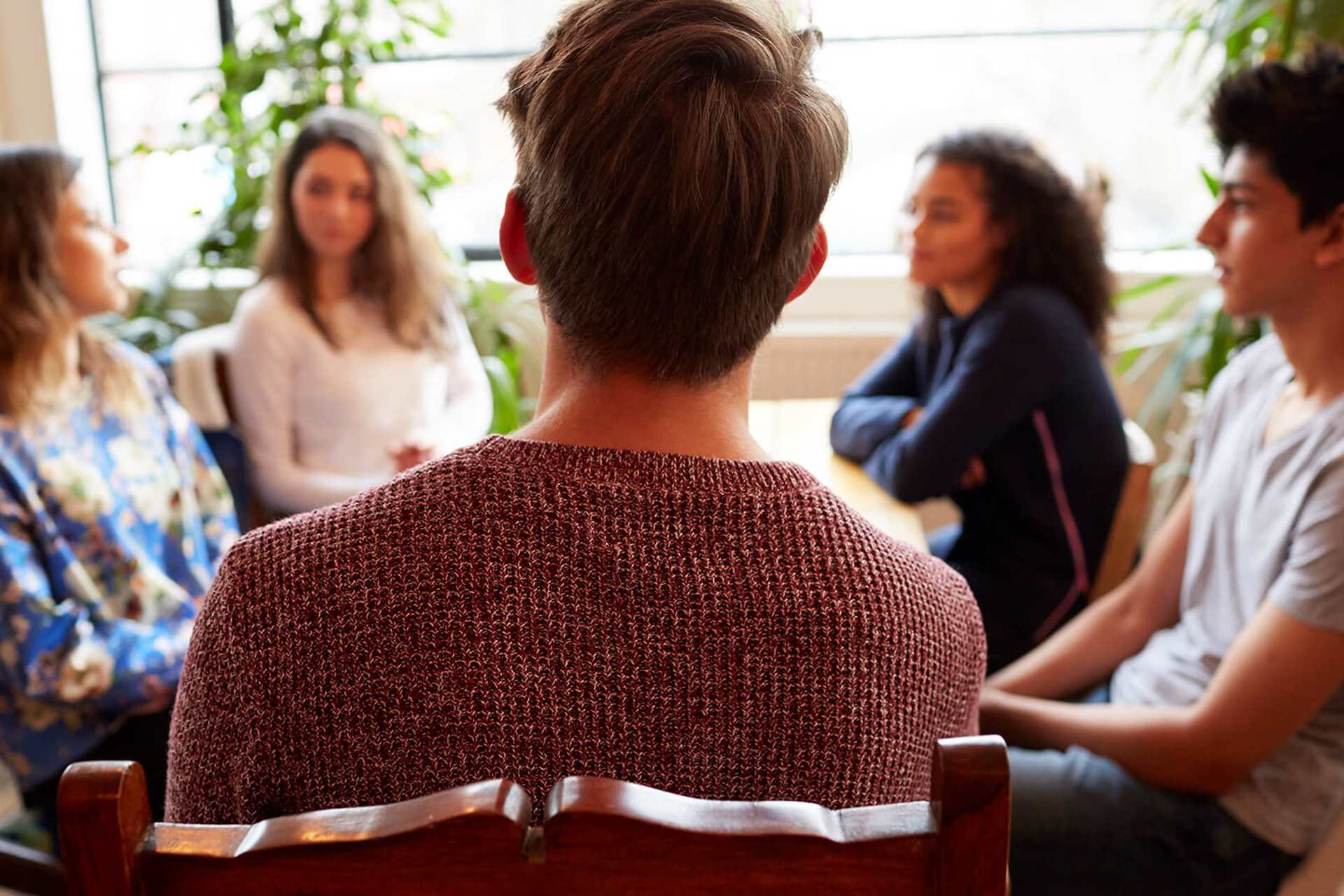Topic: Mental health support
Commissioned by mental health charity YoungMinds, the survey asked 1,008 GPs across the UK questions related to their experiences of treating young people struggling with their mental health [1].
The results show that:
- 90% of GPs agreed that they had seen a rise in the number of young people seeking support for their mental health in the last three years. 4% disagreed.
- Only 8% of GPs agreed that there was good community support for children and young people with mental health problems in their area (e.g. through youth clubs, local charities, drop-in centres etc.). 77% disagreed.
- Nearly half (47%) agreed that they sometimes acted above their level of competency when supporting young people with mental health problems. 28% disagreed.
- Only 20% agreed that they had received sufficient training in mental health to respond to young people’s mental health problems. 59% disagreed.
- Only 10% of GPs agreed that they usually felt confident that a referral to Child and Adolescent Mental Health Services (CAMHS) would result in treatment. More than three-quarters (76%) disagreed.
YoungMinds is today (Thursday 7 November) handing in a petition of 70,000 signatures to all leading political parties, as part of its Act Early campaign, calling on the next government to implement a cross-government strategy for young people’s mental health, which would make early intervention a priority.
Emma Thomas, Chief Executive of YoungMinds, said:
“As these worrying results show, GPs are on the front line when it comes to mental health, but too often they don’t believe that there is good enough early support in their community. That leaves them grappling with the difficult choice of trying to help young people themselves, or referring them to mental health services, even when those services are overstretched. This means many young people either receive support from GPs who have the best of intentions but may not feel equipped to provide the right help, or can face long waiting times for specialist services, which may then turn them away because of high thresholds for treatment.
“While there is a lot of hard work going on across the NHS to improve access to mental health services, demand is also rising fast. That’s why we need the next government to make early support a priority, so young people can get help locally when problems first emerge. We hope that all parties will commit to this in their manifestos.”
While there is a lot of hard work going on across the NHS to improve access to mental health services, demand is also rising fast.
The results follow recently published NHS Digital figures on access and waiting times for CAMHS, which show a fall in average waiting times, but significant variation across the country [3]:
- There was an 18% increase in referrals of young people to mental health services from 2017-18 to 2018-19 (although in part this may reflect improved data collection).
- Average waiting times from referral to treatment have fallen from 57 days in 2017-18 to 53 days in 2018-19. (These average waiting time figures cover referrals that were made and completed within the year, and do not include the 25% of young people who were referred but are still waiting for further contact at the end of the year – or those whose referrals were closed before treatment).
- Average waiting times varied considerably around the country - from less than three weeks (19 days) to almost four months (113 days) depending on where you live. The proportion of young people still waiting for treatment at the end of the year also varied across CCGs.
YoungMinds’ Act Early campaign is calling for a bold cross-government strategy on children and young people’s mental health to:
- Address the factors that make young people’s mental health worse
- Support young people and families to better understand and manage their mental health
- Provide early intervention in every community
- Reform and modernise our mental health services
Ben, 17, a YoungMinds Activist, said:
“It was difficult to get support when I first looked for it and my anxiety got a lot worse. While I did eventually get support from CAMHS, it was inconsistent, so I turned to my GP because I had no other outlet for my worries. My GP would see me once a week and helped me get back to school. Staff at school were helpful too, but because they’re stretched it became harder to access support after a while.
“I know that if I had more consistent and ongoing support from early on, it would have helped me a lot.”
I know that if I had more consistent and ongoing support from early on, it would have helped me a lot.
Dr Faraz Mughal, GP, National Institute for Health Research In-Practice Fellow, Keele University, and RCGP Clinical Fellow in Mental Health, said:
“This response from a large number of GPs highlights the challenges GPs face when trying to help and support young people with mental health problems. GPs are now facing more young people who are seeking support for mental health but unfortunately the support and resources in primary care and wider communities are not readily available. Early intervention in youth mental health is critical and a system wide strategic approach by all health system stakeholders is urgently needed to provide more support and services in primary care and communities where young people, parents and families and friends would like it.”
GPs are now facing more young people who are seeking support for mental health but unfortunately the support and resources in primary care and wider communities are not readily available.
For more information, or to arrange an interview, contact press@youngminds.org.uk or call 0203 861 2072 (during office hours) or 020 3861 2100 (outside office hours).
[1] The omnibus survey was carried out by medical research company MedeConnect, with 1,008 regionally representative GPs in the UK. Fieldwork took place in October 2019.
[2] Figures taken from NHS Digital, Waiting Times for Children and Young People’s Mental Health Services 2018-19.
About YoungMinds
YoungMinds is the UK’s leading charity fighting for young people’s mental health.
Follow us on Twitter @YoungMindsUK and Facebook.
For free advice and support for parents, call our helpline on 0808 802 5544.



